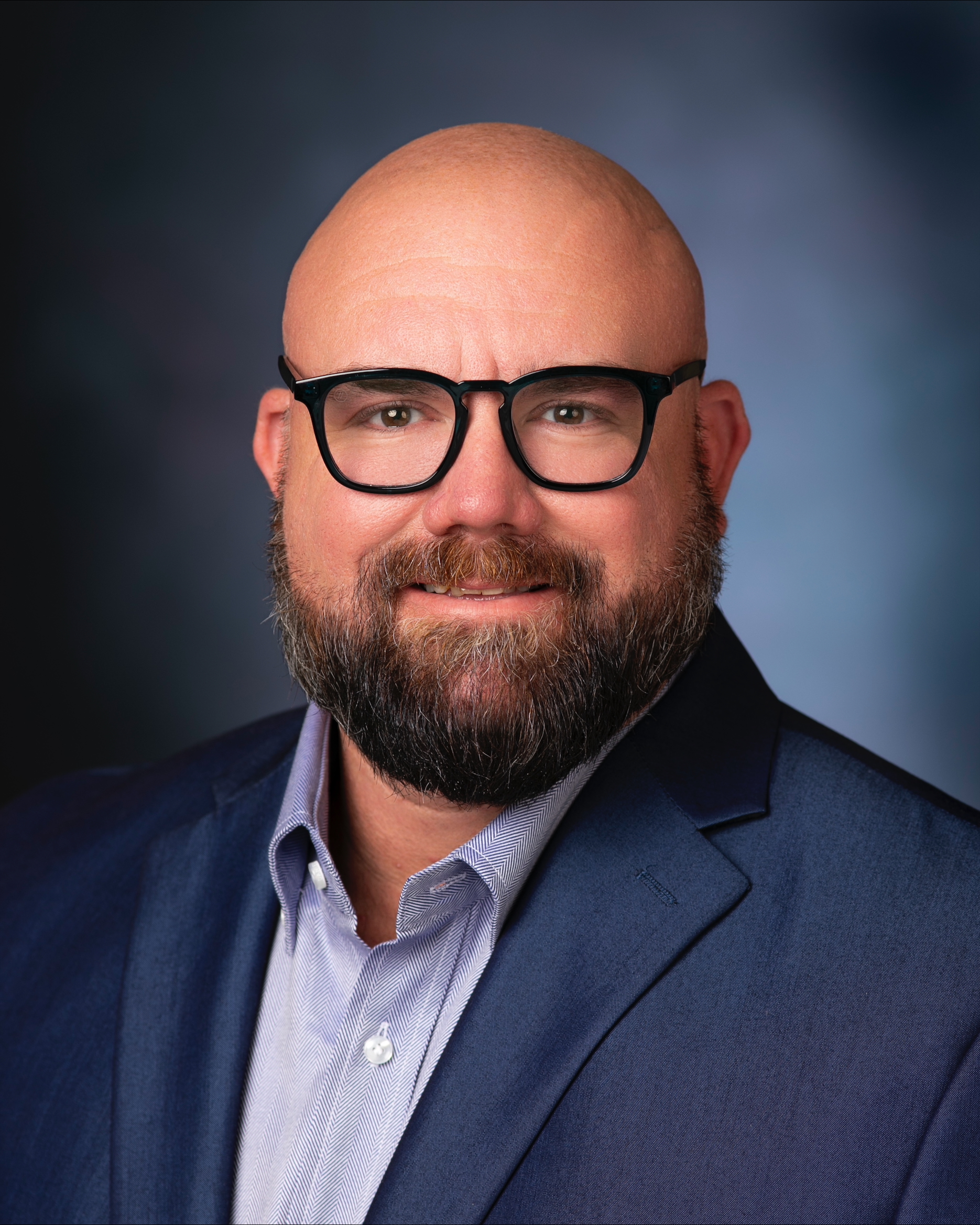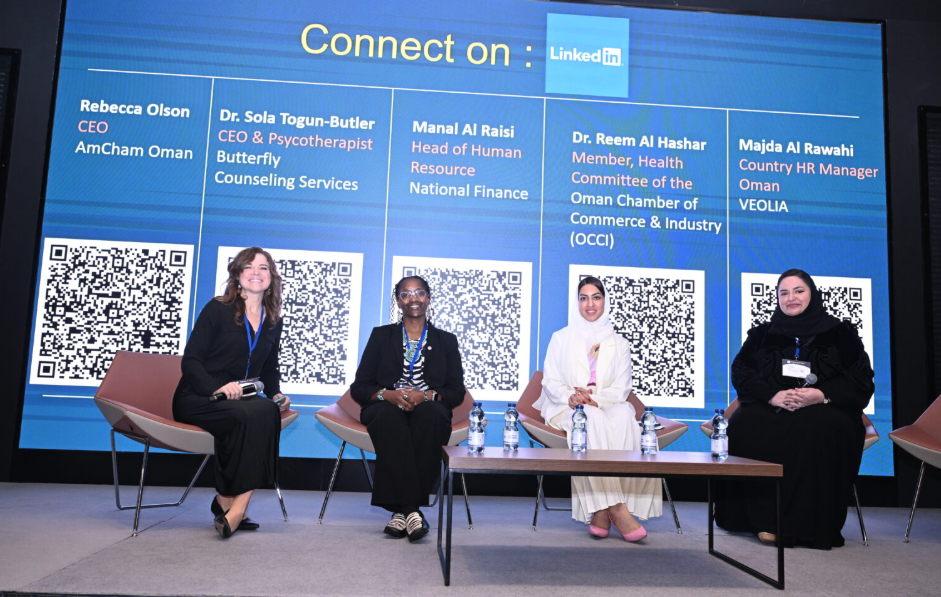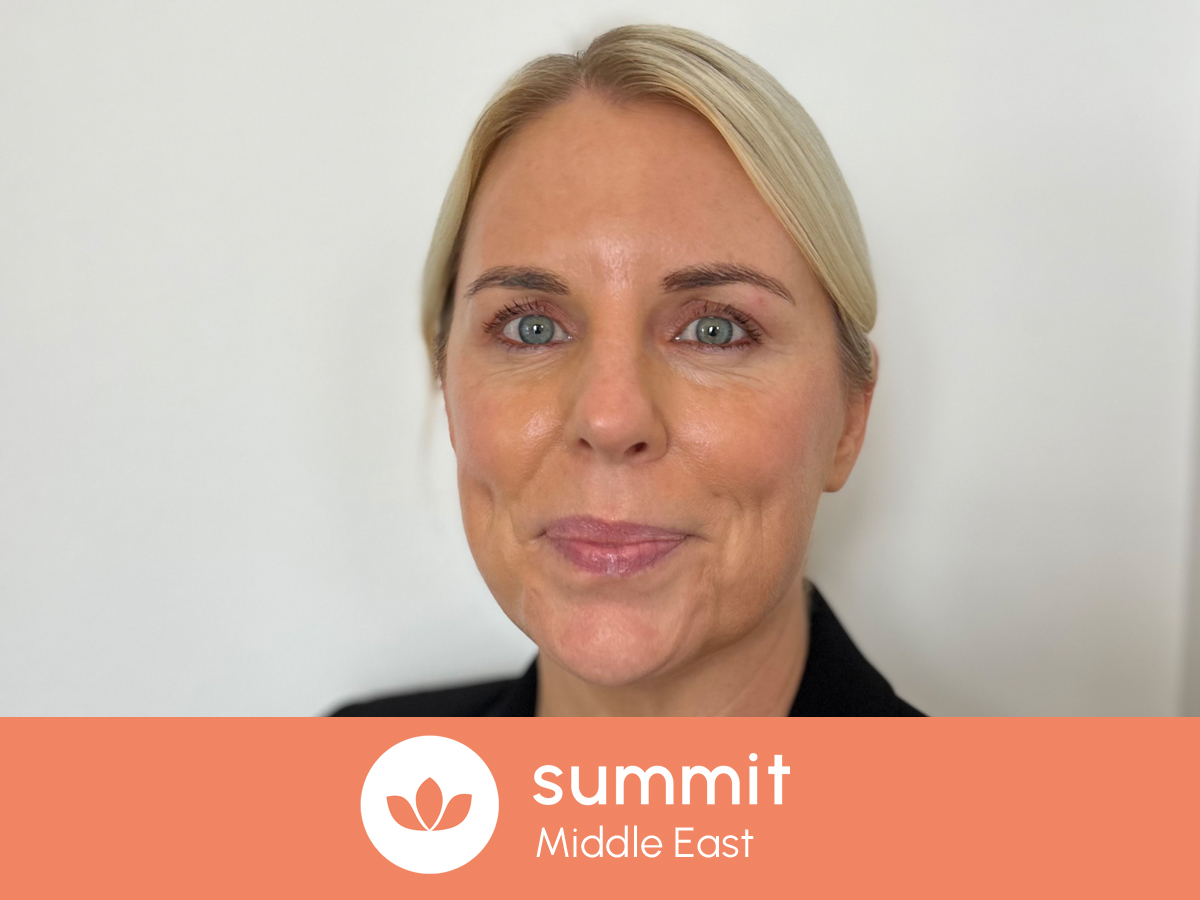
Derek is an Air Force veteran and Functional Mental Health Advocate who became passionate about the balance between emotional intelligence (EQ) and intellectual intelligence (IQ) through diverse experiences as an employee and business owner in the oil and gas industry. Having worked in both small businesses and global organizations, Derek understands how mental health impacts personal and professional success. With a deep passion for serving others, he thrives on connecting people and information to bridge gaps in understanding and improve communication.
We are delighted that Derek will be speaking in Austin, Texas as part of our US summit. We caught up with him to see how he’s feeling in the runup to the event.
Hi Derek, we are thrilled that you will be speaking at the Wellbeing at Work US Summit in March. Our first and most important question is, how are you doing today??
I’m doing well! Thank you for asking!
As a leader based in the region, what are the main challenges you are facing when it comes to employee wellbeing and mental health?
Perception, lack of awareness/acknowledgement that this area of focus needs more attention.
What strategies have you seen developing over the past 6 months, both internally and externally, that are moving the dial on wellbeing in the workplace?
I’m seeing specific interest groups being created to offer the space needed to get people out of isolation and at a minimum connecting with others to share. Book clubs, social meet-ups, etc.
Why is employee wellbeing so important to you personally?
I have seen firsthand the impact on mental health as well as job performance when wellbeing isn’t acknowledged or prioritised. The effect it has on culture, team performance dynamics, and even personal relationships outside of work are heavily influenced by the big chunk of our time spent at work. It is vitally necessary to consider this inside of any organization, but sadly it usually isn’t. It should be without question.
What impact is AI having in your organization and how are you managing that?
We are seeing more automation with a goal to reduce human footprint on locations to reduce liability. I personally think we wouldn’t need to automate as much if we focused more on building communication skills and monitoring mental health. I think we should shoot for a hybrid balance where we don’t over leverage AI – especially when the intention is to remove human workforce due to factors that leadership usually doesn’t spend time on improving before sprinting for efficiency. I feel like the push has taken the joy out of work as we squeeze more bandwith out of our daily capacities as AI enables more “plates” to be spinning.
Other than AI, are there any challenges that you are seeing for the first time and how are you addressing them?
Navigating mental health in the oil and gas space has always been challenging. I don’t think there is much buy-in to the importance of it, few demonstrate or champion how to go about it because a lot of them have no idea where to start. Consistent repetition of pushing information and creating events that highlight wellbeing will be key in raising awareness.
What areas do you think employers should be focused on over the next 12 months?
Basic knowledge of impact, having some sort of understanding of mental health and wellbeing would go a long way. Providing appealing options for employees to choose (if they would like to) to pursue and encouraging support to participate free from any repercussions.
Do you feel that investment in employee wellbeing in the region is increasing or decreasing and is that a direct reflection on HR leaders’ increasing ability to demonstrate effective returns of their strategies to leadership?
In oil & gas, I feel like the major operators lead the way with programs, but beyond that I don’t see much happening with wellbeing. I do see companies offering wellbeing packages that are a part of insurance plans, but it seems easier for leadership to be a company that offers a third-party service without them directly engaging in the arena.
How has your organization been leading the way?
We have a long way to go, but events like this where we can network and create visibility around the cause go a long way for companies to take a look at this area and raise awareness around how they can engage more inside of wellbeing. I do think there is a strategy behind how the information is presented to gain likelihood of buy-in, and it would be wise to frame involvement in a way that gets some (rather than none) buy-in. Sadly, for most of these businesses it will likely be appealing to show bottom line impact. However, I think we can slowly change perception with consistency and demonstration.
Derek will be speaking in Austin, Texas at the Wellbeing at Work Summit US which takes place in New York, Austin Texas and virtually. Further details on the Summit can be found here.



